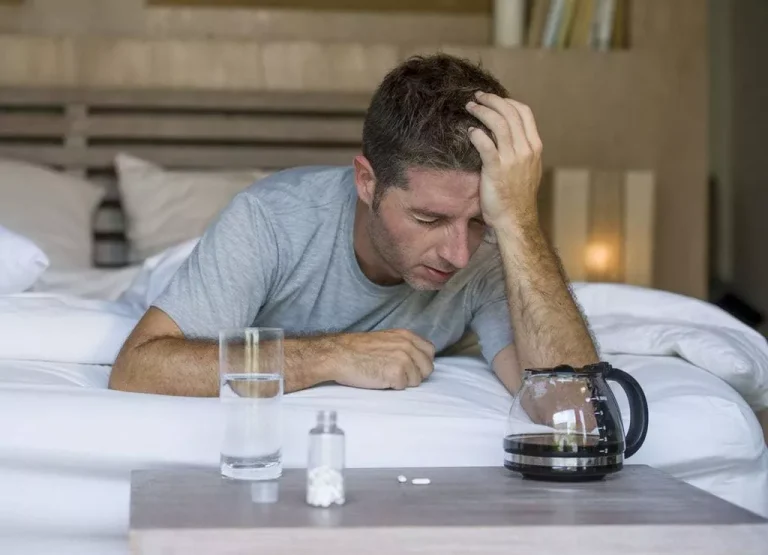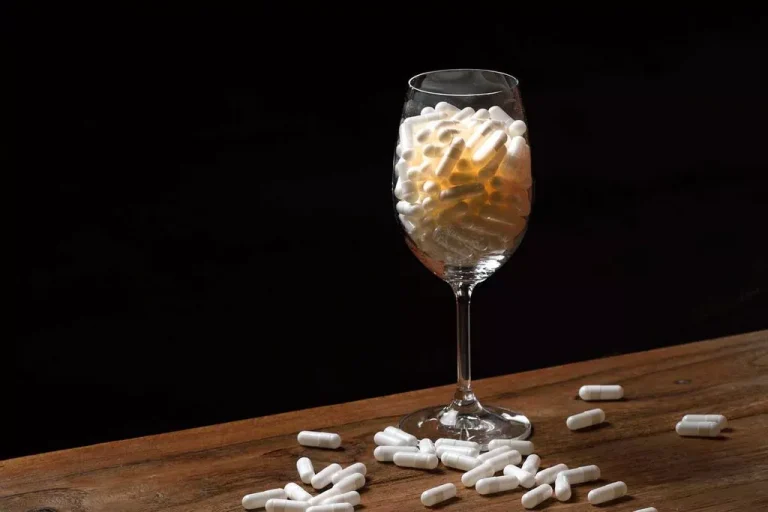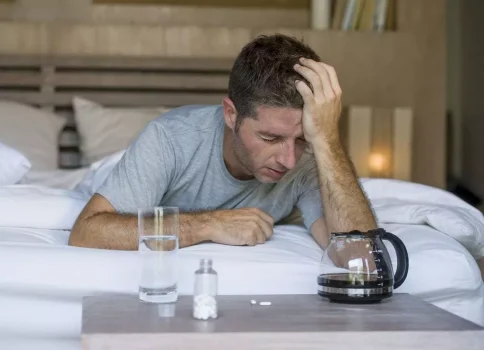
Examples of lessons learned might include realizing the importance of timing, understanding the other person’s perspective, and recognizing when an apology is better left unsaid if it causes harm. Completing a rehab program is an accomplishment to be proud of, but it’s only the first step on a lifelong journey toward sobriety. For sustained success, you’ll need to surround yourself with a robust support system of people who will cheer you on as you work toward your goals.
A Choice for Meaningful Treatment with Dignity
The process of making amends can pose challenges and often trigger fears and anxieties. But remember, being intentional and realistic is a big part of making impulsive promises or actions. An effective acknowledgment is free from excuses, focusing solely on the harm caused rather than attempting to justify the behavior that led to it. Acknowledging the damage caused, though challenging, is a critical drug addiction treatment step for our recovery.

Questions About Treatment?
You will lessen the impact of your amends if you water it down with excuses and external blame. It is equally important that you genuinely stop and listen to the other person. Even if you want to justly or correct, allow them the right to express their experiences, feelings and thoughts about the harm.
- If you haven’t read that lesson, please do so before continuing on so that you can keep it one step at a time in the recovery process.
- This can include improving relationships through positive interaction, such as spending more time with loved ones.
- Leveraging their personal experience working the 12 steps, sponsors provide relevant advice and insights tailored to individual recovery journeys.
- Give each other space to figure out any new roles within your relationship and take things slowly.
Expressing Genuine Regret
They want to find ways of making up for all their past wrongs, and they don’t want to miss the opportunity to do so once their loved one dies. In these cases, they make promises of cleaning up their act and changing their behaviors to their loved ones just before they die. Living amends can help you rid yourself of the pain of guilt and the need to constantly say “I’m sorry” to the people you’ve wronged in your life.
Address harm caused or intended and take full responsibility for negative behavior. Be honest and outline the steps to be taken for demonstrating that behavior is changing. Work to regain trust, but living amends meaning be sincere if you want your efforts to be taken seriously.
In particular, he discusses how to heal when the person we need to make amends with is no longer living. When the person you owe reparations to has died, you can still make living amends by changing things about you and how you live your life. These changes can positively impact the people you love and care about. Making amends with the people you’ve fallen out with as you’re thinking about mortality and what happens when you die is one way of finding emotional freedom and closure.
- Successfully approaching and accomplishing step nine requires the alcoholic in recovery to be willing to go to any lengths to make amends to those individuals whom they have harmed in the past.
- This script is your guide, providing a framework for acknowledging specific wrongdoings, articulating the harm caused, and outlining possible reparations or actions.
- Remember, this is a Twelve Step process that can provide a platform for healing, but the person we are reaching out to may not be at the same place in healing as we are.
- That’s why we have a comprehensive set of treatment providers and don’t charge for inclusion.
- By tackling step nine, recovering alcoholics can be freed from their past, including addiction.
- It requires good judgment to navigate the intricacies of making restitution with a sense of responsibility and sensitivity to avoid causing further damage, lest we make the wreckage of the past worse.
The key aspect of indirect amends is focusing on personal growth and changing harmful behaviors. They provide individuals with a roadmap to recovery and personal growth. At Beaches Recovery in Jacksonville, FL, we offer evidence-based treatment programs that incorporate the 12 steps to help our clients overcome addiction and build a healthier, more fulfilling life. Of course, if you can make direct amends you should do so; this is why having a sponsor or advisor to help give you direction is so important.

- You will need to demonstrate that you are committed to rebuilding trust and repairing your relationship with them.
- As with alcohol and other drugs, we are also powerless over other people.
- Living amends involve ongoing actions that demonstrate a commitment to recovery and behavioral transformation.
- If you’re continuing this journey with us and would like to read the last article, please take a look at Celebrate Recovery Step 8.
- We believe everyone deserves access to accurate, unbiased information about mental health and addiction.
We must refrain from deflecting responsibility onto others or justifying one’s harmful actions while expressing remorse, or it discounts the whole activity. Understanding these types can help tailor your script to your specific needs, and these can vary from person to person for whom you have to make amends. And love motivates individuals to give selflessly, positively impacting the lives of others. The willingness to make amends lays the groundwork for genuine attempts at reconciliation and restitution, and improved relationships with others and ourselves.


We make a promise to pay an amount we can every month and begin on the day we make the face-to-face amends, and we have a set timeline for when all the money will be paid back. Willingness to make amends is crucial for carrying out Step 9 effectively and initiating the reconciliation process. Accepting outcomes and working towards rebuilding relationships fosters closure and forward movement in recovery.